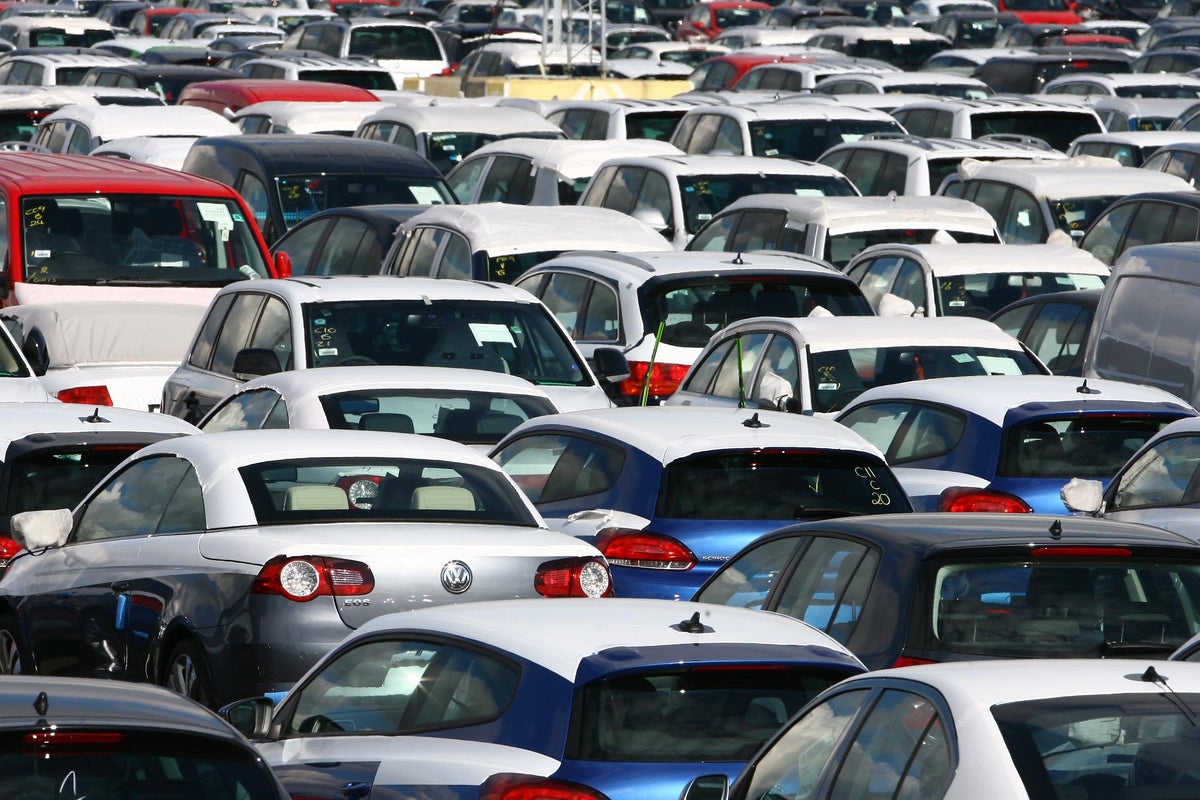The Hidden Costs of Car Dependency
In a world that increasingly embraces progress and inclusivity, there remains a subtle sense of embarrassment associated with certain admissions. One such admission is the acknowledgment that you can’t drive, especially if you’re in your thirties or beyond. While this might be more acceptable in cities like London, where public transport is efficient and parking is scarce, stepping outside urban centers often leads to raised eyebrows and concern.
People tend to look at you with a mix of suspicion and pity, wondering how you manage to navigate life without a car. This perception is not entirely unfounded, as driving has long been seen as a symbol of independence and freedom. However, recent studies suggest that relying on cars may actually contribute to feelings of loneliness and disconnection.
A new UK study analyzing data on loneliness and transport use revealed that individuals who depend on cars are more likely to feel isolated compared to those who use public transport. The research, conducted by the Social Market Foundation (SMF), found a strong correlation between car dependency and loneliness, particularly in rural areas. In contrast, cities with better public transport options saw less impact from this issue.
While correlation does not imply causation, the findings highlight an important point: failing to provide alternatives to driving can exacerbate social isolation. People living in areas with limited public transport may naturally feel more disconnected due to their geographical circumstances. Still, the idea that driving isn’t the ultimate path to freedom and connection resonates with many who have chosen alternative modes of transportation.
The Mental Health Impact of Driving
Driving can have significant effects on mental health. Cars create physical barriers between people, isolating individuals within their own metal boxes. This separation can lead to increased stress and anxiety, as evidenced by the rise in road rage incidents. In 2023, aggressive driving resulted in thousands of collisions, casualties, and deaths. Moreover, the number of crimes related to road rage has surged by 34% since 2021.
Even for those who don’t experience road rage, driving can cause anxiety. A 2023 survey by Aviva found that over a third of drivers felt anxious behind the wheel, with nearly half admitting that nerves affected their driving ability. Long hours of driving can trigger a physical stress response, increasing cortisol levels in the body.
The Benefits of Active Travel
In contrast, active travel methods such as cycling, walking, and using public transport offer numerous mental and physical health benefits. Research shows that bicycle commuters experience lower stress levels than those who rely on cars. Being outdoors and engaging with the environment can significantly improve mood and self-esteem. A 2019 study found that just 20 minutes of nature exposure can reduce stress hormones.
Active travel also promotes physical fitness and releases endorphins, which enhance feelings of happiness and relaxation. Additionally, these modes of transport increase the likelihood of social interactions, whether it’s a brief conversation with a fellow commuter or a chance encounter with someone you know.
The Social Benefits of Public Transport
Public transport offers unique social advantages that are often overlooked. Being surrounded by other people creates opportunities for micro-interactions that foster a sense of community. Whether it’s sharing a smile over a cute dog or offering a seat to someone in need, these small moments can reduce feelings of isolation.
Casual interactions with strangers, such as purchasing a ticket or exchanging greetings, can also enhance well-being. A 2024 study published in The Journal of Positive Psychology found that such interactions can decrease loneliness and improve overall happiness. For older adults, regular use of public transport has been linked to reduced feelings of loneliness.
The proposed closure of rail ticket offices in the UK sparked widespread concern, with critics arguing that it would increase social exclusion. These plans were eventually scrapped, highlighting the importance of maintaining accessible public services.
The Value of Interdependence
Finally, not having a car means relying on others, which can strengthen community bonds. In a society that often values hyper-independence, asking for help can be seen as a weakness. However, interdependence fosters connections and builds a sense of shared responsibility. As John Donne famously wrote, no one is an island, even if they own a car.







